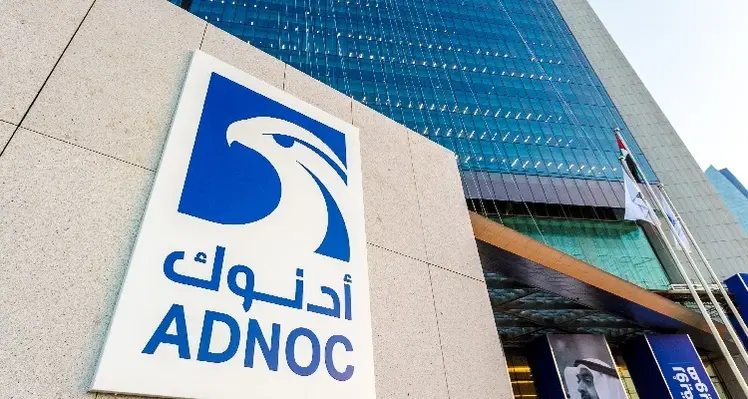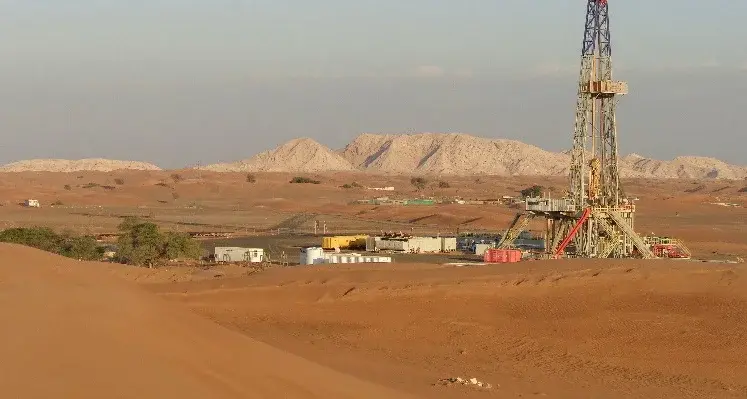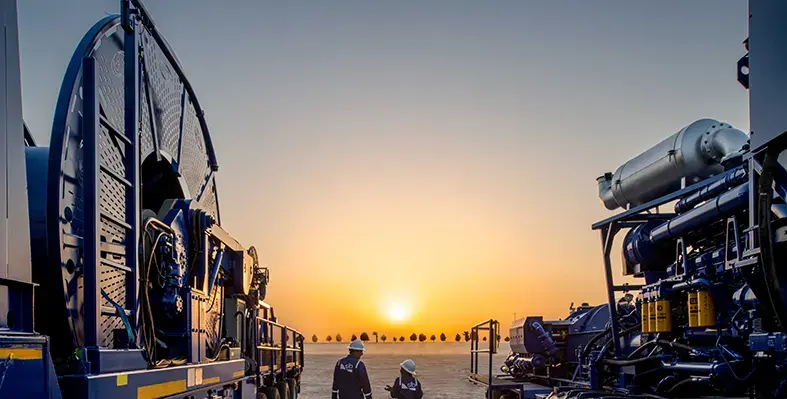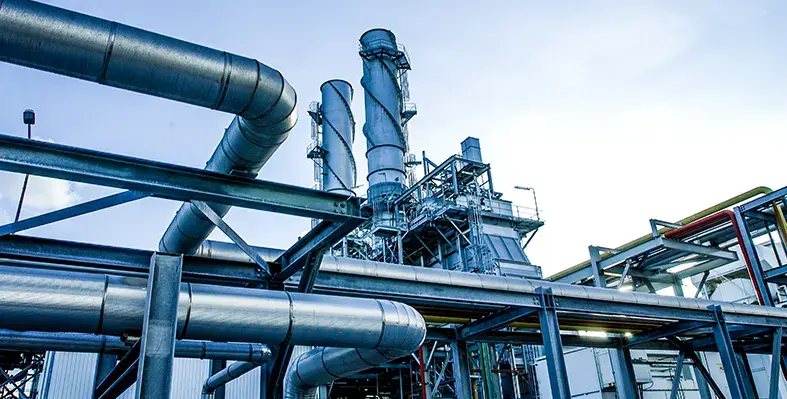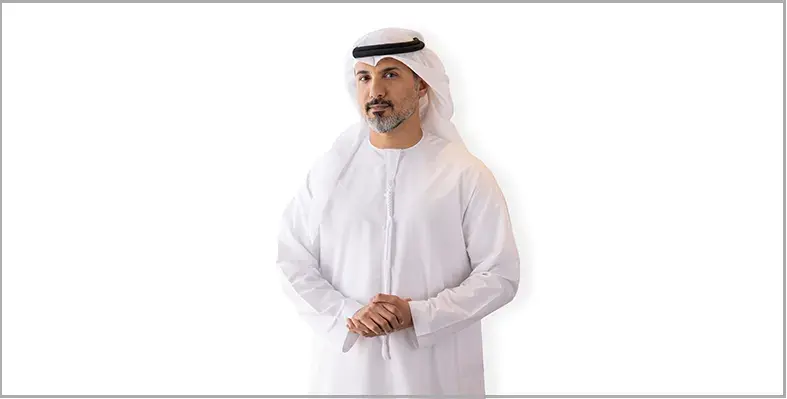
Adnan Bu Fateem, chief operating officer at Mubadala Energy. (Image source: Mubalada Energy)
In an exclusive interview, Adnan Bu Fateem, chief operating officer at Mubadala Energy, discusses how AI can be scaled up in the energy sector and how Mubadala Energy is leveraging AI and digitalisation to drive efficiencies in upstream operations
How do you view prospects for the development of the energy/AI nexus? How critical will deploying AI be to ensuring a secure and stable energy future, and how critical will it be to invest in energy systems to meet the growing AI energy demand?
AI is one of the most powerful tools to make energy systems safer, more reliable, and lower-carbon intensive. At the same time, it is becoming a major new source of energy demand, particularly to power data centres. In that sense, the relationship between energy and AI is mutually reinforcing that the energy sector is both an enabler of AI and a user of it.
Currently, the global energy systems are already under increasing strain, with more complex grids and growing demand. As a result, energy security is becoming an even higher priority for governments and communities. At Mubadala Energy, we believe energy security isn’t only about supply volumes; it’s also about reliability, resilience, and operational excellence. This is where AI plays a critical role. For example, when it comes to system resilience, AI helps operators respond faster to demand variability, extreme weather events, and grid constraints. When it comes to safety, AI plays a significant role in anomaly detection, operational surveillance, and helping operators in decision making that can reduce incident likelihood and support stronger process safety performance.
The International Energy Agency (IEA) projects global electricity use from data centres will more than double by 2030 to ~945 TWh, with AI as the most significant driver, with electricity demand from AI-optimised data centres projected to more than quadruple by 2030.
The IEA further estimates that electricity generation needed to supply data centers will rise from ~460 TWh in 2024 to over 1,000 TWh in 2030, underscoring why investment in the energy sources which can drive this technology is so critical for a range of global communities.
For the energy industry globally, both at a grid level and in upstream, AI is going to play a key role in simulating power demand and ensuring the infrastructure is in place that supports future economic and social prosperity.
How can AI help to accelerate the energy transition and decarbonisation?
AI can accelerate the energy transition by improving how energy systems are planned, operated, and optimised across the entire value chain, particularly as power systems become more complex and more electrified.
Mubadala Energy strategy focuses on natural gas and LNG as a transition fuel that balances energy security with energy transition, and we see digitalisation and AI are increasingly important enablers of decarbonisation to operate more efficiently and reduce overall emissions intensity without compromising reliability, while also supporting better capital allocation and faster decision-making.
From our perspective, these benefits are reflected in how we apply digitalisation and AI across our own operations, such as improving subsurface understanding, project design, and scenario modelling. We also use AI for advanced analytics, monitoring and digital tools to improve efficiency, enhance safety and strengthen emissions visibility.
We are pleased to see how all these efforts are leading to tangible outcomes. In 2024, we reported a 36.5% reduction in Scope 1 and 2 greenhouse gas emissions, alongside a 55% reduction in flared gas intensity, and we have recorded zero oil spills since inception. These results show how improved efficiency, better monitoring and data-driven decision-making can support decarbonisation while continuing to deliver safe and reliable energy.
What are the main factors needed to scale up AI in the energy sector, and what do you see as the main constraints?
To me, the most fundamental factors in scaling AI in the energy sector are people’s capabilities and partnership. We have seen our industry evolve significantly over the past two decades, and every major change whether in safety, efficiency, or technology, has been enabled by collaboration and continuous upskilling. AI is no different. These fundamental factors will pave the way to the other factors such as having high quality data, clear operational use cases, the right infrastructure and having strong governance in place.
At Mubadala Energy, this is reflected in our E-VOLVE initiative, an outcome-led digital transformation program implemented back in 2019 that provides a structured framework for integrating digital solutions into operations and building digital capability for our people across the organisation.
Partnerships are the second key enabler. The pace of AI innovation means no single organisation can do this alone. Collaborating with technology providers, digital specialists, and industry partners allows us to access cutting-edge capabilities, accelerate learning, share knowledge and apply AI where it creates the most value.
This collaborative approach is what enables us to move beyond pilots and embed AI into core operational decision-making.
A good example is our Intelligent Reservoir Management capability. This is a digital approach that brings together subsurface data from the reservoir with surface data from facilities and wells into a single, integrated system.
By combining these data sets and analysing them in real time, we gain a clearer, more complete view of reservoir behaviour. This allows us to detect anomalies early, monitor well integrity, adjust production more accurately and respond faster to emerging issues.
Governance and organisational readiness are equally important. We have a dedicated digital transformation committee that oversees how digital tools are introduced and scaled across the business.
By investing in our people, strengthening partnerships, and building the right foundations, we can scale AI in a way that improves performance, supports decarbonisation, and continues to deliver safe and reliable energy.
What impact have AI and digitalisation had on Mubadala Energy’s operations? How is Mubadala Energy leveraging AI and digital technologies to enhance its upstream operations and boost productivity?
AI and digitalisation have already delivered clear operational benefits across our upstream portfolio. One of the most important initiatives is the Pegaga Digital Twin, which is a digital replica of the Pegaga gas platform. It allows us to monitor and analyse operations in real time, helping improve performance and enhance safety.
We also use AI-enabled predictive maintenance through a Remote Diagnostic Service, which monitors equipment condition, detects anomalies and predicts potential failures before they occur. At our Pegaga gas field, this has helped prevent unplanned shutdowns and delivered significant cost savings. Production optimisation is supported through the Production Performance Tracking System, which automates production monitoring and provides live dashboards to support faster, data-driven decisions.
Digital technologies are also embedded in our health, safety, security and environment systems through our Intelligent HSSE solution. This is a proactive safety and emissions management approach that combines process safety data, HSSE reports, video and sensor technology to monitor conditions on our platforms in real time. By analysing this data continuously, we can identify emerging safety and environmental risks earlier and take preventive action to protect our people, assets and the environment.
Together, these initiatives show how we are using AI and digitalisation to improve productivity, reduce downtime and strengthen operational performance across our upstream operations.
